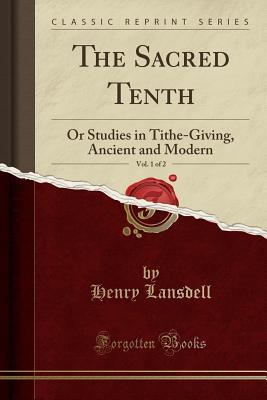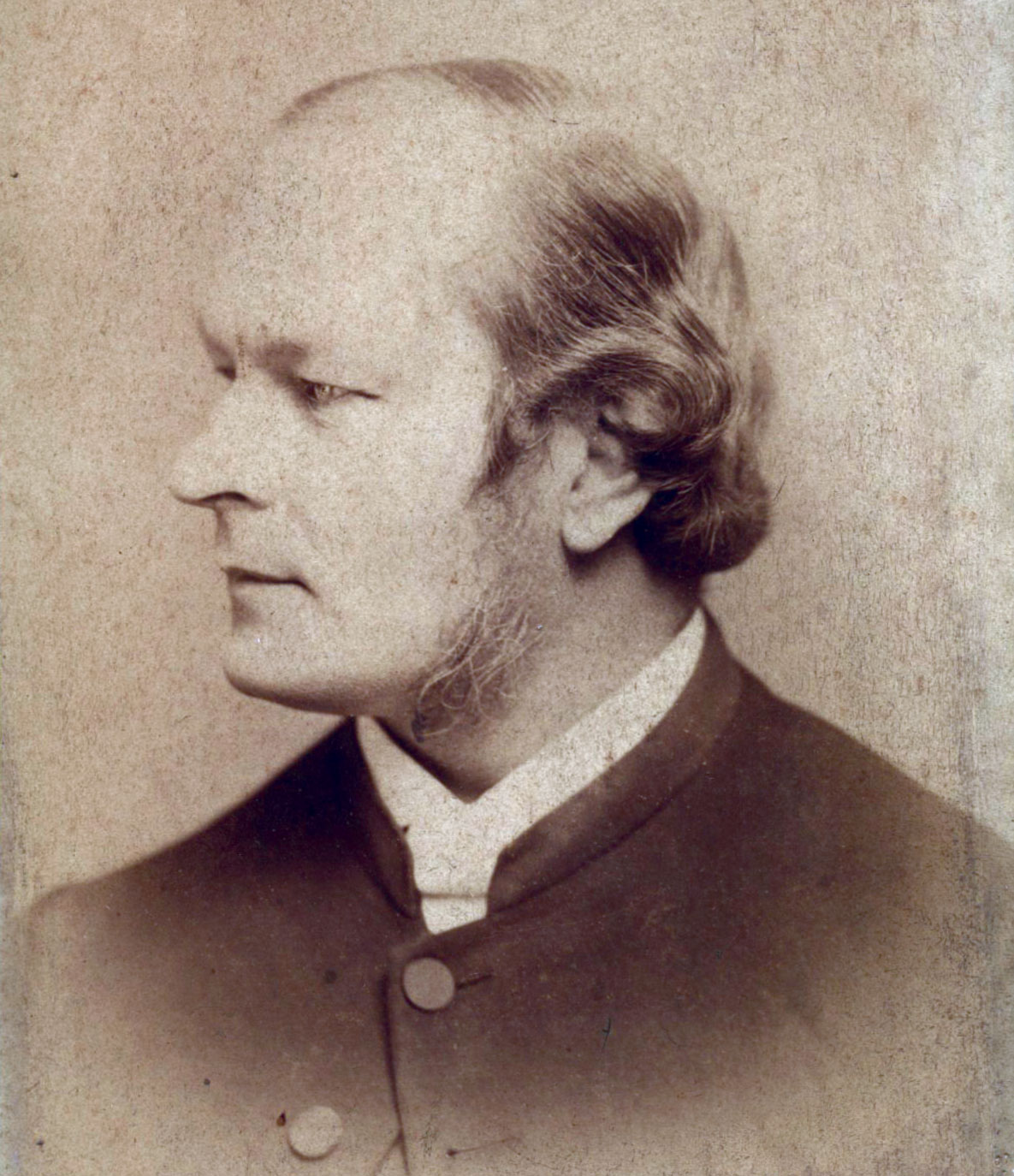The Importance of Vision
 Where should I give? Several years ago the sad case of a 92 year old UK woman made the news. She had come onto the radar of a range of charitable organisations, who would ring and mail requests for donations to potential donors. I am not suggesting that there is necessarily anything wrong with this, but in the case of this lady, she was receiving so many calls and requests for money from so many different organizations that she felt completely overwhelmed. The tragic consequence was that due to these and other pressures, the poor lady took her own life.
Where should I give? Several years ago the sad case of a 92 year old UK woman made the news. She had come onto the radar of a range of charitable organisations, who would ring and mail requests for donations to potential donors. I am not suggesting that there is necessarily anything wrong with this, but in the case of this lady, she was receiving so many calls and requests for money from so many different organizations that she felt completely overwhelmed. The tragic consequence was that due to these and other pressures, the poor lady took her own life.On the other hand, there was an influential layman at the church I pastored in Wollongong who in his youth, just after World War 2 in England, had courted and married one of the maids at an aristocratic household. He told me that they even had to get her lady’s permission to walk out together. The mistress of the house, another elderly lady, was very generous, but in a discerning way. She had certain charities that she supported and would steadfastly say ‘no’ to any other supplicants.
So where should you be generous, and how should a minister address a congregation on this subject? There are so many causes and so many are worthy causes: Life line, World Wildlife Fund, Lifesavers, Hospital and University support. My daughter-in-law used to work for the McGrath foundation. As a cricket lover, I felt that saw that as an excellent cause: cricket sponsoring breast cancer nurses!
For followers of Jesus, the bible gives excellent general pointers about where to give.
1. Christian ministry: There were women in the New Testament that gave their money to support the ministry of Jesus. (Luke 8:1-3)
2. Gospel Projects: King David raised resources for the temple to the glory of God. (1Chronicles 29)
3. Alleviation of poverty: Paul raised money so the Christians in Jerusalem would not starve. 2 Corinthians (8 and 9) The collection forms a thread that runs through other epistles and Acts.
4. Mission projects help ensure people in other places may come under the transforming word of Jesus.
As the senior minister of Figtree Anglican church, I knew that I could not dictate where people should give. That would not only be wrong, but certainly counterproductive. Australians don’t like being dictated to, especially with regards to money. So my approach was to give a lead. People looked to me to give guidance from the scriptures on a wide range of topics and money was no exception. My wife Helen and I always made sure we were on the same page with our giving and the general handling of money. Thus after speaking about general biblical principles when preaching I would say something like this.
First, we give to the local church. That is number one on our agenda. The local church gets a very bad press today. That is mainly because the media highlights the relatively few rotten apples and remains totally silent on all the love and care and fellowship and support that you find in the local church. It is the engine room of the Christian faith. I am asking you to give to support the ministry here. But at the same time I am doing all I can to make this ministry one you will be very happy to support.
Second, we give to other causes that proclaim the name of Jesus and are motivated by his love. These will include para-church ministry, missions and mercy ministry that aids the poor and underprivileged, and Christian projects over and above our local church support. Evangelistic work and church planting have a special urgency today.
Third, we give to secular projects as they touch our heart. This is third on our list because we believe our major support should go to Christian ministry, because if Christians don’t support the church and Christian ministry and missions no one else will. Yet there are some very worthy community projects and it is good to consider them. I hope you will find these points helpful as you consider your own giving or the way you might lead others. For more on giving and generosity see my book Giving Generously.

 Landsell was born in Kent in 1841, son of a school master. He was a student at the London College of Divinity and was ordained priest in the Church of England in 1868. A teetotaller, he gained a reputation as a dynamic preacher, which he combined with a passion for missions. Obviously he was bitten with the travel bug, and not having been tied down by the incumbency of a parish, began a roving existence visiting many countries and distributing bibles and Christian literature as he did so. Initially he visited France, Germany and other western European countries but soon embarked on multiple journeys. These included Northern and Eastern Europe, and through Asia to Japan and across the Pacific to San Francisco.
Landsell was born in Kent in 1841, son of a school master. He was a student at the London College of Divinity and was ordained priest in the Church of England in 1868. A teetotaller, he gained a reputation as a dynamic preacher, which he combined with a passion for missions. Obviously he was bitten with the travel bug, and not having been tied down by the incumbency of a parish, began a roving existence visiting many countries and distributing bibles and Christian literature as he did so. Initially he visited France, Germany and other western European countries but soon embarked on multiple journeys. These included Northern and Eastern Europe, and through Asia to Japan and across the Pacific to San Francisco.
 Pay It Forward Some years ago there was a book called Pay It Forward written by Catherine Ryan Hyde. It was subsequently turned into a movie. It was about the concept of doing a good deed and then asking that the recipient pass on the blessing, to pay it forward, rather than paying the giver back. I don’t know what inspired Catherine Ryan Hyde but the idea of paying it forward has a considerable history.
Pay It Forward Some years ago there was a book called Pay It Forward written by Catherine Ryan Hyde. It was subsequently turned into a movie. It was about the concept of doing a good deed and then asking that the recipient pass on the blessing, to pay it forward, rather than paying the giver back. I don’t know what inspired Catherine Ryan Hyde but the idea of paying it forward has a considerable history.  The Easter season is with us again. When I was a boy I was excited by the prospect of extra holidays and chocolate eggs and other goodies. I was not raised in a church going home so was only vaguely aware of any deep spiritual significance of Good Friday or Easter Sunday. Nor did I think I should change my life in any way except to monitor my chocolate intake to avoid getting gorged. When I became a Christian the profound significance of Christ’s death for sins became much clearer to me and as a result I needed to change my life from serving myself to following Jesus.
The Easter season is with us again. When I was a boy I was excited by the prospect of extra holidays and chocolate eggs and other goodies. I was not raised in a church going home so was only vaguely aware of any deep spiritual significance of Good Friday or Easter Sunday. Nor did I think I should change my life in any way except to monitor my chocolate intake to avoid getting gorged. When I became a Christian the profound significance of Christ’s death for sins became much clearer to me and as a result I needed to change my life from serving myself to following Jesus. Decision Time: You will have heard of a common scenario. St Johns Church has a healthy vital ministry, for example a kids’ ministry based around a flourishing Sunday school. It is really humming. There are 200 kids showing up every Sunday morning. There is a dedicated enthusiastic team of volunteer leaders led by a dynamic volunteer leader who just loves the ministry and pours his or her life into it. The congregation look on and are very pleased. Parents are delighted to know their children are in a great Christian community, making friends and learning the scriptures. Grandparents are thrilled as they see the next generation being taught Christian truth to prepare them for life in a secular age. The minister is delighted to see such a thriving work that contributes to the overall health and well-being of the church as a whole.
Decision Time: You will have heard of a common scenario. St Johns Church has a healthy vital ministry, for example a kids’ ministry based around a flourishing Sunday school. It is really humming. There are 200 kids showing up every Sunday morning. There is a dedicated enthusiastic team of volunteer leaders led by a dynamic volunteer leader who just loves the ministry and pours his or her life into it. The congregation look on and are very pleased. Parents are delighted to know their children are in a great Christian community, making friends and learning the scriptures. Grandparents are thrilled as they see the next generation being taught Christian truth to prepare them for life in a secular age. The minister is delighted to see such a thriving work that contributes to the overall health and well-being of the church as a whole.

 The apostle Paul on one occasion urged his hearers to be generous, to share, and to remember those less fortunate. He quoted some famous words of Jesus:
The apostle Paul on one occasion urged his hearers to be generous, to share, and to remember those less fortunate. He quoted some famous words of Jesus:
